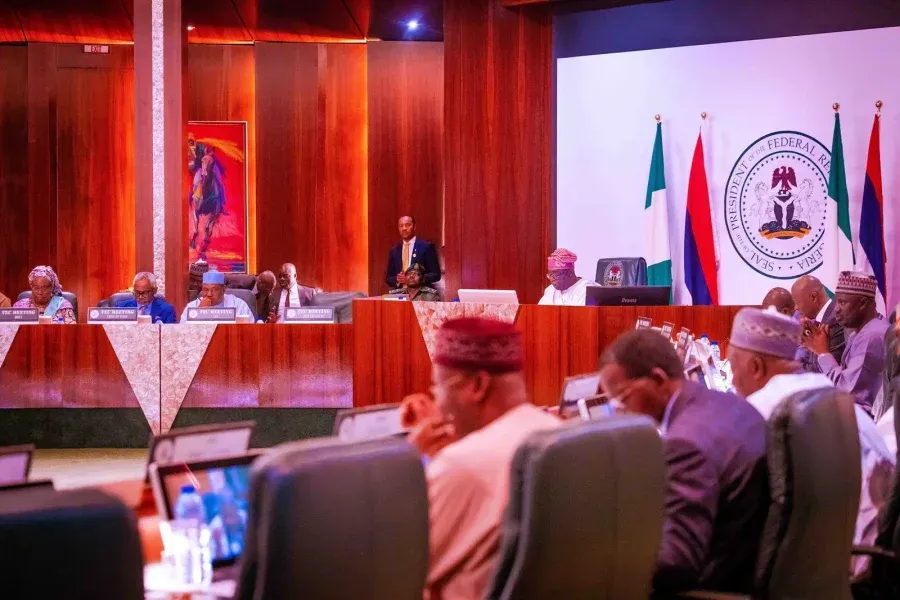The West African Examinations Council (WAEC) has announced the withholding of results for 7,192 candidates who participated in the 2023 West African Senior School Certificate Examination (WASSCE) for private candidates, citing various cases of examination malpractice. The examination body, in a bid to uphold the integrity of its assessment processes, has taken this significant step as part of its efforts to combat malpractices and ensure fairness across the board.
According to a statement released by Moyosola F. Adesina, the acting Head of Public Affairs for WAEC Nigeria, the withheld results account for 8.89% of the 80,904 candidates that sat for the examination nationwide. The gender distribution of candidates was nearly even, with 39,790 males and 41,114 females, highlighting the broad appeal and critical importance of the examination for Nigerian students seeking certification for secondary education.
The statement emphasized the council’s commitment to thorough investigations of the implicated cases, with the promise that the outcomes of these investigations will be reviewed by the appropriate Committee of the Council. Decisions made by the Committee will then be directly communicated to the affected candidates, ensuring transparency and due process in resolving these issues.
In terms of results processing, WAEC disclosed that 96.93% of candidates have had their results fully processed and released, while the remaining 3.07% are still pending due to errors attributable to the candidates themselves. Efforts are underway to expedite the processing of these outstanding results to ensure that all candidates receive their full outcomes promptly.
The performance statistics shared by WAEC reveal that 46,267 candidates, representing 57.19%, obtained credits and above in a minimum of five subjects, with or without English Language and/or Mathematics. Furthermore, 35,830 candidates, equating to 44.29%, secured credits and above in a minimum of five subjects, including English Language and Mathematics. The gender breakdown of these successful candidates shows a near-equal representation, with 17,631 male and 18,199 female candidates demonstrating the inclusive nature of educational achievements in the region.





